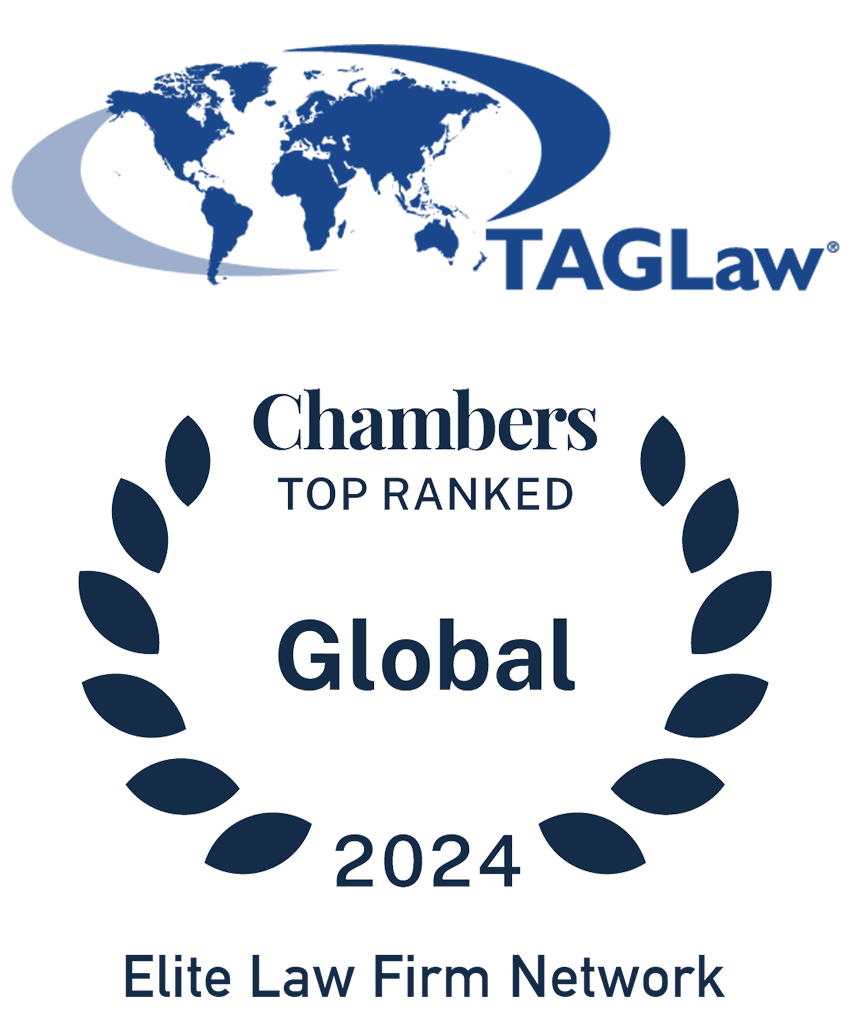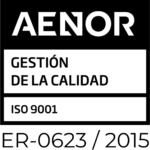View the PDF
 The exemption for work performed abroad under Section 7.p) of the Personal Income Tax Legislation (hereinafter, PIT) provides that work income received in Spain for work performed abroad with a limit of 60,100 Euros is tax exempt, with the following requirements:
The exemption for work performed abroad under Section 7.p) of the Personal Income Tax Legislation (hereinafter, PIT) provides that work income received in Spain for work performed abroad with a limit of 60,100 Euros is tax exempt, with the following requirements:
- That such work is carried out for a company or entity non-resident in Spain or a permanent establishment located abroad under the conditions that are established by
- That a tax of a similar nature applies in the territory in which the work is performed, and it is not a country or territory considered to be a tax haven.
One of the most controversial requirements of this article has been to prove that the recipient of the services provided by the employee abroad is a non-resident entity, especially when the entities benefiting from the services belong to the same business group.
In the judgment of 28 March 2019, the Supreme Court lays down the following interpretative criteria in relation to the application of the exemption for work performed abroad under Article 7.p) of the PIT Legislation:
- The exemption applies to income received for work performed abroad for the benefit of one or more entities of the same group, even when the entities benefiting from the services include the Spanish entity.
The Supreme Court sets out this criterion in the view that Article 7.p) requires the benefit of a non-resident entity, without restricting its application to cases in which the services provided by the worker are carried out for the sole benefit of a foreign entity.
- Considering that the regulation of the exemption does not establish the nature of the services provided by the employee, the Supreme Court admits the application of the exemption in cases in which the employee moves to work abroad for supervision and coordination purposes.
Until his Supreme Court judgment, the Spanish Tax Authorities tendency was to refuse the application of the exemption in those cases in which the employee moved to work abroad for supervision or coordination purposes.
- Since the PIT Legislation does not require a minimum duration of the displacements abroad or requires that the displacements should be prolonged or take place continuously, without interruption, the Supreme Court allows in its judgment the application of the exemption in those sporadic or even timely
Until this Supreme Court judgment the Spanish Tax Authorities tent to deny the application of the exemption in sporadic and not continuously displacements.
In conclusion, the Supreme Court extends the scope of the exemption by admitting its application in sporadic and on-time displacements to provide supervisory and coordination services, including those cases in which the Spanish company is a beneficiary of the services rendered by the employee.
http://www.poderjudicial.es/search/openCDocument/47c54a4d73e1a19605d04fc812e13fd7d1057617ced3c47d
















